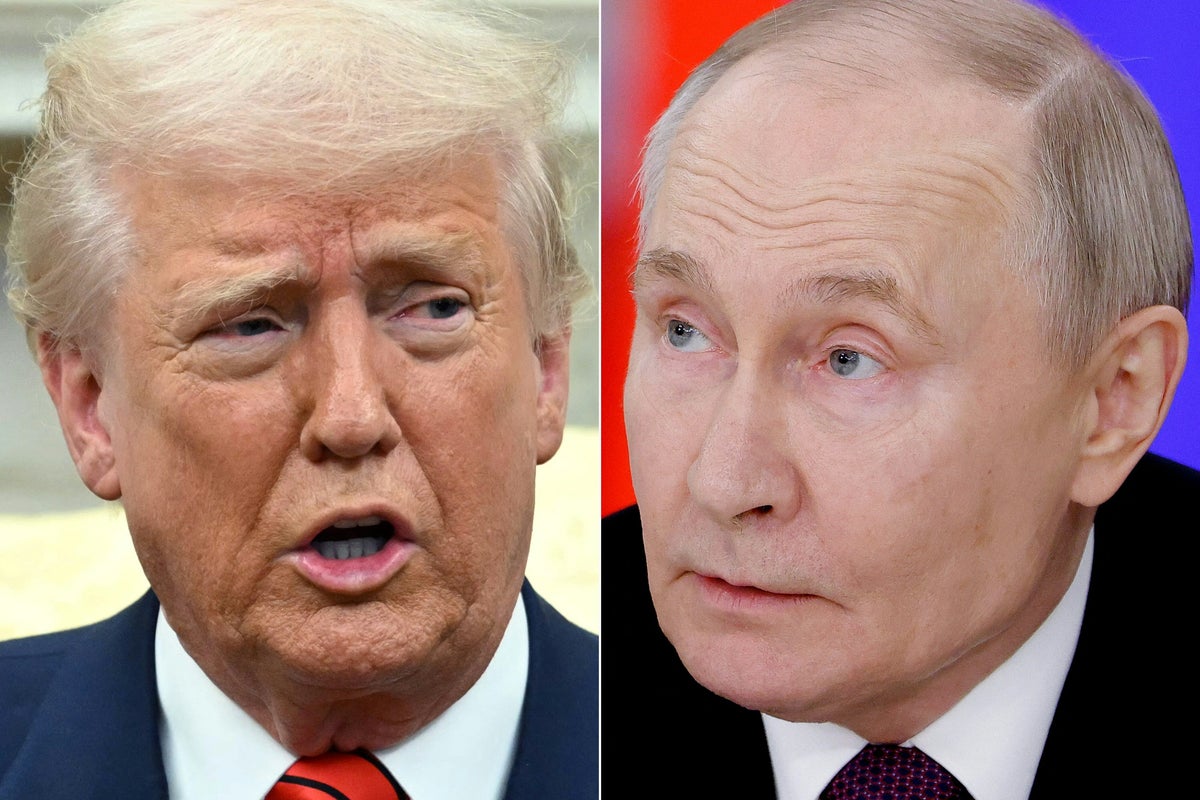ARTICLE AD BOX
The tariff honeymoon might be over soon.
JPMorgan CEO Jamie Dimon is warning investors that the U.S. economy still hasn’t fully absorbed the impacts from Donald Trump’s sweeping tariff agenda.
Though the administration announced a 90-day pause on reciprocal tariffs in April, and cut a three-month tariff reduction deal with China, the Wall Street executive said levies remain at a “pretty extreme” level not seen in decades.
“It’s an extraordinary amount of complacency,” Dimon reportedly said during the bank’s New York investor day, suggesting U.S. markets could sink by 10 percent and credit could be harder to come by once the tariffs are priced in.
“American asset prices, I still think they’re kind of high,” Dimon said. “I think credit today is a bad risk.”
Dimon also called out “complacent central banks” for their handling of the world economy amid the new tariff regime.

Trump, for his part, has also continued his long-running criticism of Federal Reserve chair Jerome Powell, writing in a weekend social media post that the Fed should cut rates “sooner, rather than later.”
Some U.S. corporations appear to be holding their breath over the potential coming impacts of the tariffs.
Firms including GM, JetBlue, and Volvo have all pulled earnings guidances as the rest of the year’s macroeconomic outlook remains uncertain, The Wall Street Journal reports.
The administration has not negotiated the countless one-off trade deals it suggested would quickly flow after the tariff announcement.
There have been some major agreements, including a deal with the U.K., cutting tariffs on British cars and steel, and a more major pact with China to temporarily lower tariffs on most Chinese goods from 145 to 30 percent.
After weeks of economic chaos following Trump’s April announcement of the “Liberation Day” tariff agenda, economic policy has temporarily receded from the spotlight, as all eyes were on Trump’s recent Middle East tour and controversy surrounding a potential deal for Qatar to give away a $400 million plane for Trump to use as a new Air Force One.









 English (US) ·
English (US) ·